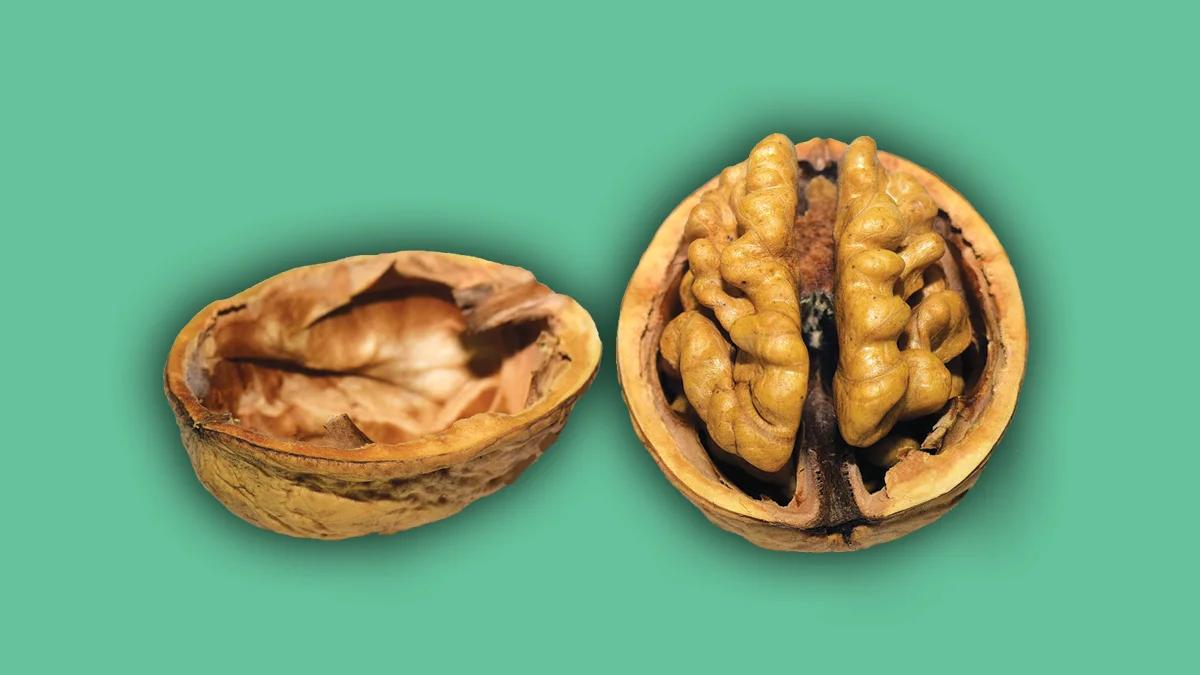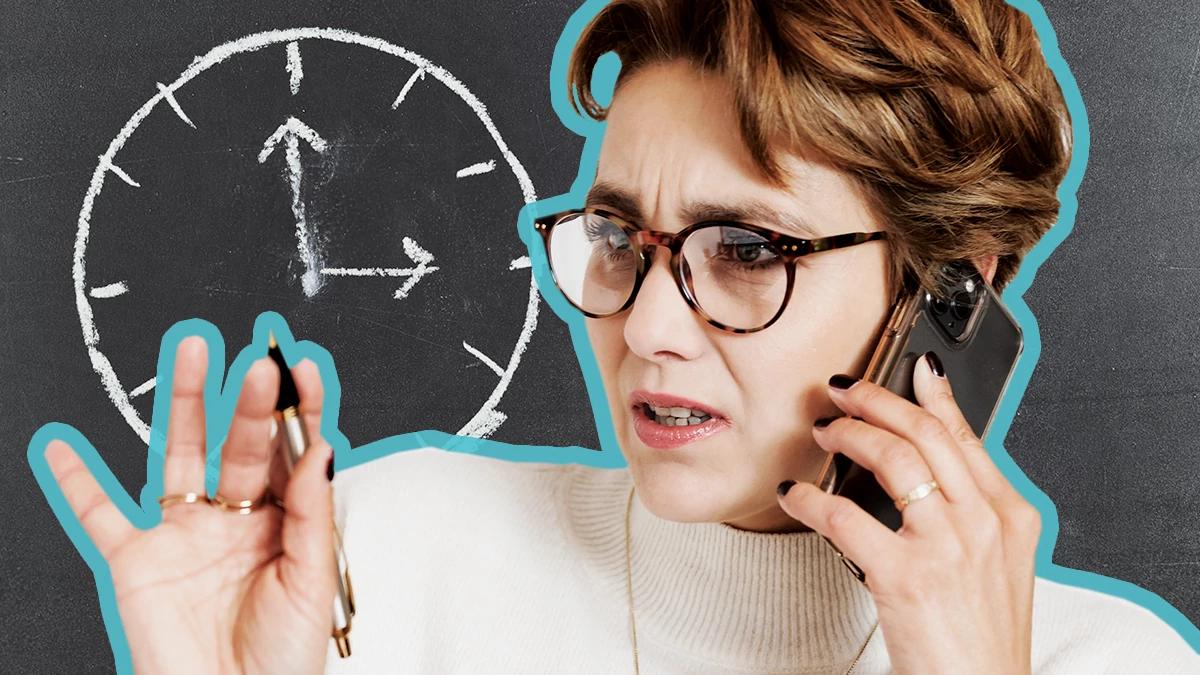Goal Setting and Goal Attainment
18 October 2023 at 09:54 · 6 min read

A fresh start, whether it be a new year, a new job or simply new surroundings means many of us may be itching to get into a productive routine and make positive lifestyle changes.
Put simply, goals are usually things we want to have, or, to have happen to us. For instance, when we talk about say, a new year’s resolution, we are essentially goal-setting - reflecting upon ourselves and addressing certain things we want to change to reach our desired outcomes.
However, attaining these goals requires intervention. To actively pursue a goal may involve adopting new behaviours, strategies and abandoning old habits. This may be difficult at first, however, overcoming limitations strengthens our personal drive, productivity and boosts our mental wellbeing.
Why does it feel good to work towards and achieve your own goals?
The neurotransmitter dopamine plays a key role in motivation and working towards our goals. Dopamine is released as we gain a sense of pleasure from achieving our goals and setting ourselves subsequent new tasks. Research has found that there are interactions between the prefrontal cortex brain areas, dopaminergic networks, and cognitive networks, including areas regulating executive functioning (Botvinick & Braver, 2015).
More specifically, the ventromedial prefrontal cortex appears to be a central area where motivation and decision making are integrated. This means it has a key role in relaying difficult actions, which require more cognitive control as opposed to easier actions that tend to require less effort and be more pleasurable.
Executive functioning is important for goal setting:
Goal setting and attainment involves a number of key cognitive processes which together constitute what is called 'Executive Functioning.' These processes are:
- Inhibitory control: responses of attention and reasoning. Regulates acting impulsively and prevents us from inappropriate automatic responses and helps us to respond in more thought-out ways which are better adapted to a situation.
- Planning: involves mental visualisation, thinking ahead to the future and anticipating ways to carry out tasks towards reaching a goal.
- Working memory capacity: a critical role in goal direction and task management-regulates attention, through guiding, storing, and updating information.
Successful functioning in people depends on higher-level cognitive skills which come under the 'executive functioning,' which involves learning new information, re-directing attention, and disregarding irrelevant or distracting information. Executive function and attention specifically are key components for our ability to take on new ideas and perspectives within goal setting.
Social Cognitive Theory (Bandura-1984, 1997) suggests that having goals can stimulate and direct motivational outcomes. Personal, environmental, and behavioural processes contribute to the goal setting and attainment process:
- Personal process -involves self-efficacy, social comparisons, personal values, outcome expectations and attributions.
- Environmental process - social influence and support, instructions, feedback, standards of work, rewards, and opportunity for self-evaluation
- Behavioural process - choice of activities. Effort, persistence, achievement, and environmental regulation
Steps to attaining our goals
Binswanger (1990) highlighted that goal-directed actions are defined by three attributes:
- Self-generation -The source of energy, drive, and desire
- Value, significance - the actions needed to make goal attainment possible
- Goal causation - resulting outcome caused by the goal
These core aspects are also presented in Locke and Latham’s (1984, 1990) research and theory of goal setting, with a more detailed explanation of how goals can be effectively met.
Locke and Latham’s research helped to bring forth five goal setting principles that can improve chances of succeeding:
- Clarity - setting goals that are clear and specific, which make working towards them more straight forward and less confusing.
- Challenge - gradually building up to setting bigger goals and achieving them can help fulfil new challenges and strengthen your own mindset
- Commitment - you are less likely to attain your goal if you are uncommitted to working towards it. The more commitment and dedication you have the better the result.
- Feedback - realistically monitoring your own progress and adjusting your expectations if things work out differently than what you had in mind. Also have social support and feedback from others can help motivate to keep you on track and provide more realistic guidance.
- Task Complexity - It is important to set realistic goals. Adding too much complexity to gaols can demotivate us and deter us from moving forward productively. Goals can be modified and broken down into more manageable chunks of work, which can be completed at a manageable pace.
Goal setting can improve your mental health
Goal-setting tends to be integrated into many therapeutic sessions and psychological interventions. It is introduced to clients during their sessions, through a consensual agreement in discussing what the client wants to gain from the therapy and addressing short term and long-term goals. The psychologist supports the client’s decision to work towards their own personal goals, which aims for clients to successfully move on from therapy and have their goals met.
New year new goals…
2021 has been a challenging year for most of us, with the unpredictability of the pandemic affecting all of us on varying levels. However, we can all agree that it’s a good idea to put our best foot forward for this new year, be proud of what we have already accomplished in 2021 and look ahead to setting new goals. It can be helpful to reflect and discuss your year with others, such as loved ones and friends. Exploring goal setting with another person can help to fuel your inner drive and increase your motivation in carrying out the necessary tasks to accomplish your goal. It can also feel good to help others in their goal-setting and show your support towards their progress in reaching them.
Celebrating achievements is also important - it helps your wellbeing to take a moment of pride in what you have accomplished and value your hard work and effort. Taking a moment to relish in your achievements is a form of self-care and helps to strengthen your confidence and motivation for completing your next goal…

